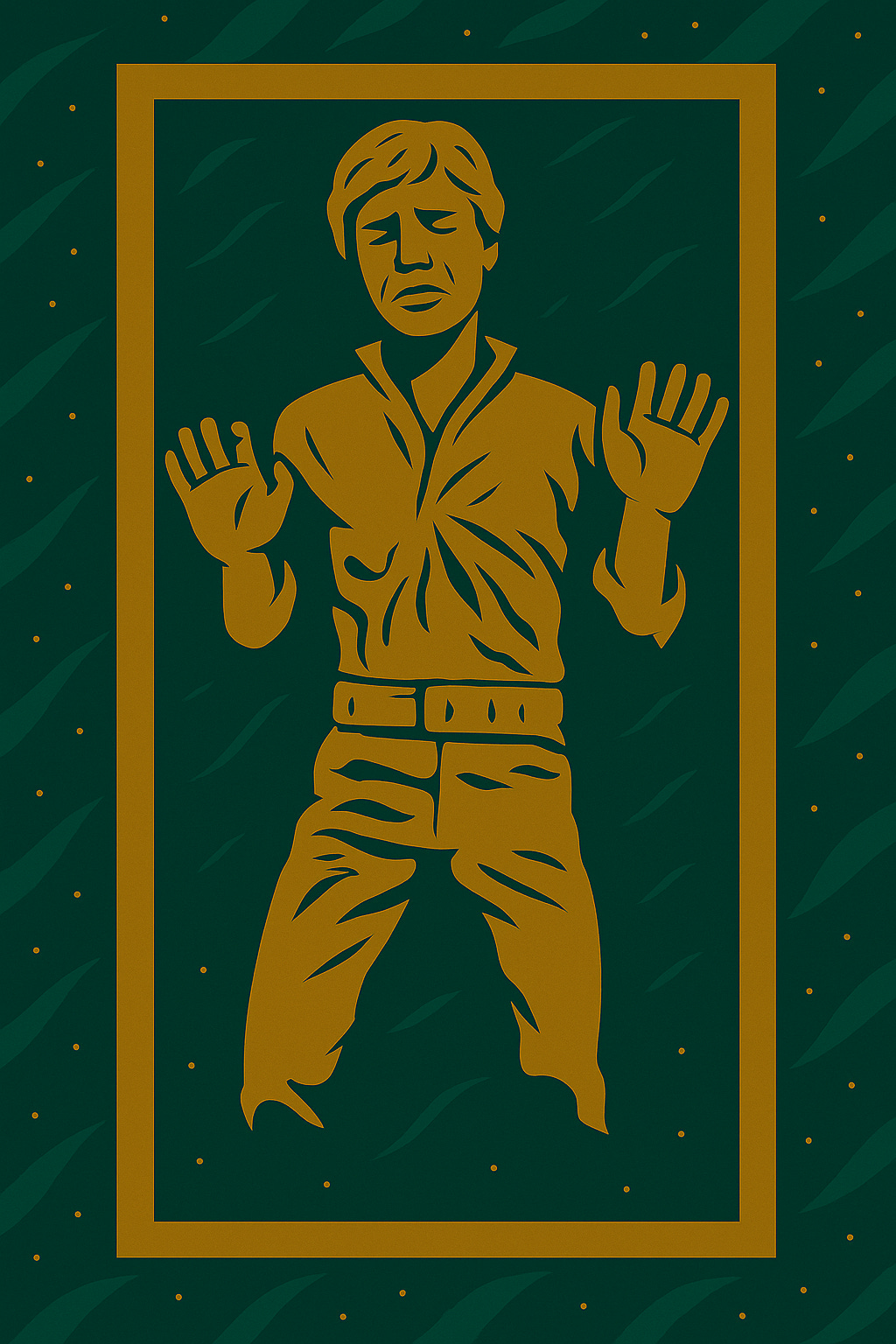The Carbonite Moment
What Star Wars reminds us about this moment in global health—and why the story isn’t over
I wrote this a while ago for fun. Today it seems timely so posting here:
When the galaxy emerged from the long shadow of war, hope was fragile. Worlds bore deep scars—of famine, of plague, of power wielded without conscience. In that moment, a new generation of Jedi chose a different path.
They carried no weapons—only knowledge, medicine, the courage to listen, and the Force. On Naboo, they planted seeds of resilience with village elders. On Jakku, they trained midwives. On Ryloth, they rebuilt early warning systems. Their mission was not conquest but accompaniment. Not charity, but shared risk. This was solidarity—slow, steady, and deeply human.
But the tides turned. Some claimed the Jedi model had failed. Influence, they argued, must now be bought. Votes must be tallied. Power, they said, belongs in fewer hands. The age of the Jedi, they proclaimed, was over.
And yes, the Jedi had faltered. Obi-Wan misread the loyalty of the Clones on Kamino. Yoda questioned his judgment before the fall. The councils grew mired in bureaucracy. Some worlds had became dependent, with no clear path to sovereignty. But through it all, the Jedi never mistook power for purpose. They believed in presence. In partnership. In the living Force that binds all beings.
Luke Skywalker—frozen in carbonite, a symbol of Jedi defeat—was carted away as the Empire declared its triumph. It looked like the final act. It felt like total defeat. The Jedi, it seemed, were gone.
But that was not the end. Not even close.





